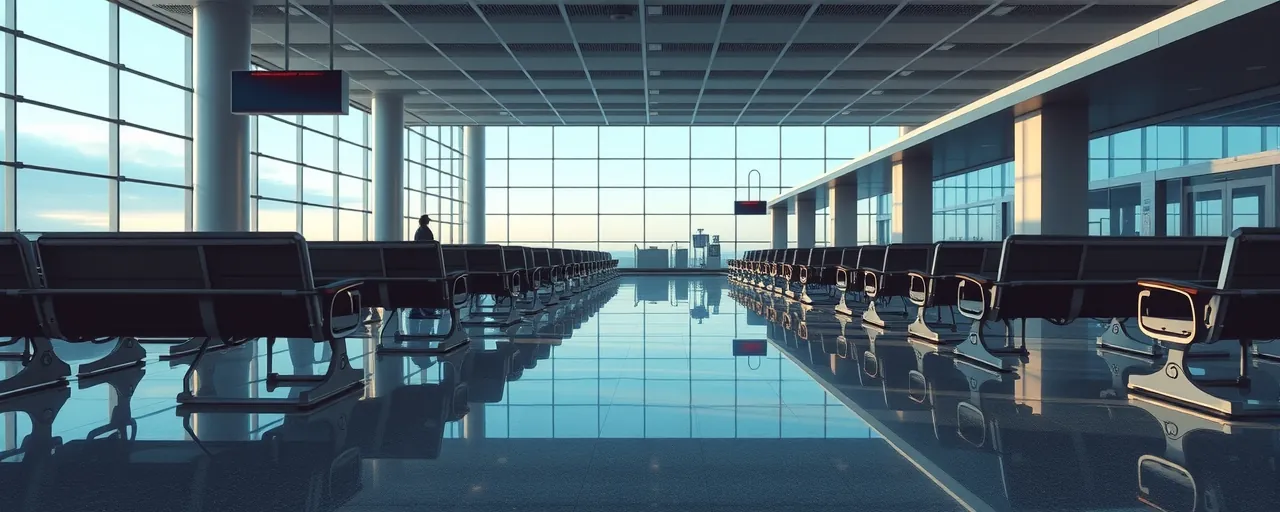A System Rigged for the Powerful
Every day, travelers endure long security lines, trusting the Transportation Security Administration to keep us safe. But that trust took a hit when documents revealed the TSA shielded a senator’s spouse from scrutiny, even after he traveled with a known or suspected terrorist. This betrayal stings because it exposes a truth: the system bends for the powerful, leaving the rest of us vulnerable.
William Shaheen, married to New Hampshire Senator Jeanne Shaheen, flew with a flagged individual three times in 2023. Each trip triggered alarms, yet TSA leadership, swayed by the senator’s influence, granted him a blanket exemption from enhanced screening. Ordinary citizens, meanwhile, face relentless surveillance for vague reasons. Why does one person’s status trump our shared safety?
This scandal reveals a troubling pattern of favoritism. It forces us to ask: If the well-connected can evade accountability, what does that mean for the millions of us who play by the rules?
Department of Homeland Security records detail the timeline. After Shaheen’s first flagged trip, the senator’s office pressed TSA. After a second, she met with then-administrator David Pekoske. By October 2023, Shaheen was placed on a Secure Flight Exclusion List, free from scrutiny for 18 months. Others, like activists and journalists, weren’t so lucky.
This case exposes a system where influence outweighs integrity. The public deserves a security process that serves everyone, not just the elite.
When Security Becomes a Political Tool
TSA’s Quiet Skies and Silent Partner programs aim to catch threats, but they’ve been twisted to favor the powerful. While Shaheen was spared, former Congresswoman Tulsi Gabbard and countless others were targeted for reasons as flimsy as “public notoriety.” This uneven enforcement isn’t just unfair; it undermines the security these programs are meant to ensure.
Civil liberties groups have sounded alarms for years. The merging of federal and commercial databases, powered by firms like Palantir, enables warrantless surveillance, trapping innocent people in travel bans or job denials. Justice Department data from 2025 show a 72.2% surge in corruption convictions, with local cases prominent. If corruption thrives unchecked, why trust TSA to fairly apply its rules?
Advocates, including Democratic lawmakers, demand accountability. They urge restoring the DHS Office for Civil Rights and Civil Liberties to prevent abuses. Without robust oversight, how can we stop security measures from becoming tools for political gain?
Some defend these exemptions, arguing they prevent “overreach.” But when exemptions shield those tied to known risks, the argument falls apart. Fairness in security isn’t optional; it’s essential to public trust. Shaheen’s case shows the system values privilege over principle.
Building a Fairer System
Restoring trust in our security systems demands action. Civil rights advocates propose closing FISA’s backdoor search loopholes and halting data broker purchases that fuel unchecked surveillance. They call for empowering the Privacy and Civil Liberties Oversight Board to monitor watchlists in real time, ensuring no one escapes scrutiny or faces unfair targeting based on status.
History offers lessons. From Watergate to post-9/11 NSA overreach, unchecked power breeds abuse. The 1975 Church Committee spurred FISA; today’s scandals call for similar reforms. Congress must bolster oversight, and inspectors general need independence to tackle corruption without political pressure.
Some claim these reforms slow security efforts, arguing flexibility is key. But flexibility without accountability invites misuse. Transparent redress through programs like DHS TRIP can balance security and fairness, ensuring everyone is treated equally under the law.
A Call for Justice in Our Skies
The TSA’s favoritism scandal reveals a system that prioritizes privilege over safety. When the powerful dodge the rules, we all pay the price—in weakened security, in shattered trust, in a process that feels rigged. Every traveler deserves a system that values fairness over influence.
We can change this. By demanding transparency, strengthening oversight, and closing surveillance gaps, we can create a security system that serves all, not just the well-connected. The fight for fairness in our skies reflects a larger battle for a democracy that puts people first.
Will we allow privilege to undermine our safety, or will we demand a system that holds everyone accountable? The answer lies in our hands, and the time to act is now.
